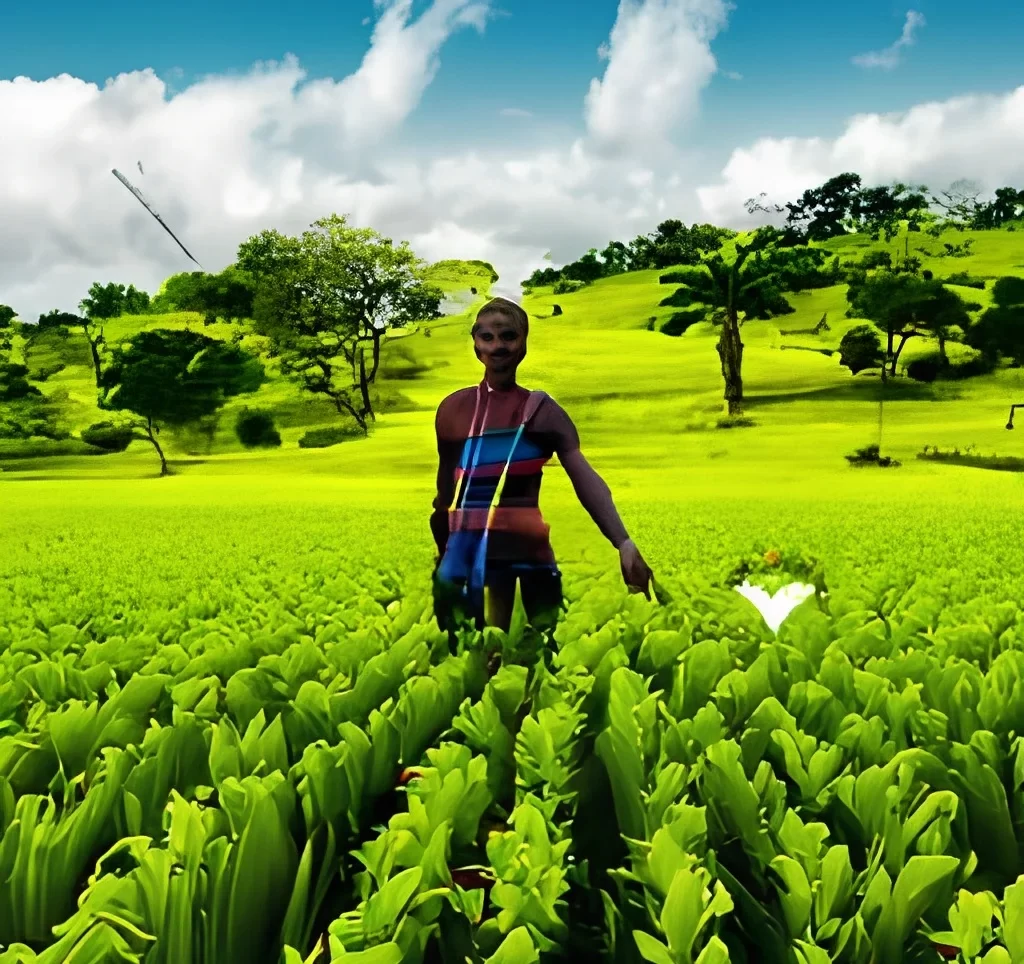As the world becomes increasingly aware of the need to address sustainability challenges, it is important to recognize that the global South faces unique challenges and opportunities in achieving sustainable development. Traditional sustainability frameworks have largely been based on the experiences and priorities of the global North, and may not be applicable to the unique socio-economic, cultural, and environmental contexts of the global South. This article explores some of these challenges and opportunities, and highlights the need to rethink sustainability in the context of the global South.
The global South is a term used to describe countries and regions that are generally considered less economically developed than those in the global North. These regions are characterized by a range of challenges, including poverty, inequality, political instability, and weak governance. At the same time, the global South is also home to a rich cultural and ecological diversity, as well as emerging economies and innovative solutions to sustainability challenges.

One of the key challenges facing the global South is the need to balance economic growth with environmental sustainability. Many countries in the global South are heavily reliant on natural resources and extractive industries, which can lead to deforestation, soil erosion, and water pollution. At the same time, these industries often provide crucial sources of income and employment for local communities. This creates a complex trade-off between economic growth and environmental sustainability, which requires context-specific solutions that take into account the social, economic, and environmental realities of each region.
Another challenge is the need to address the social dimensions of sustainability. Many countries in the global South face high levels of poverty, inequality, and social exclusion, which can undermine efforts to achieve sustainability. For example, communities that lack access to basic services such as healthcare and education may struggle to engage in sustainable practices, or may be forced to engage in unsustainable activities in order to meet their basic needs. Addressing these social dimensions of sustainability requires a holistic approach that takes into account the needs and priorities of marginalized communities.

At the same time, the global South also presents unique opportunities for sustainable development. For example, many countries in the global South have abundant sources of renewable energy, such as solar, wind, and hydropower, which can provide a sustainable alternative to fossil fuels. In addition, the global South is home to a rich biodiversity and cultural heritage, which can provide important opportunities for sustainable tourism and conservation.
To realize these opportunities, it is important to rethink sustainability in the context of the global South. This means moving beyond traditional sustainability frameworks that prioritize economic growth and environmental protection, and instead adopting a more holistic and context-specific approach. This approach should take into account the unique socio-economic, cultural, and environmental contexts of the global South, and prioritize the needs and priorities of marginalized communities.

One way to achieve this is by adopting a circular economy approach, which focuses on reducing waste and maximizing the value of resources. This approach is particularly relevant in the global South, where many communities face limited access to resources and are heavily reliant on informal economies. By adopting circular economy principles, it is possible to create new economic opportunities while also reducing the environmental impact of production and consumption.
Another important step is to engage with local communities and stakeholders in the design and implementation of sustainable development initiatives. This can help to ensure that initiatives are grounded in local realities and priorities, and are able to address the specific needs and challenges of each region. In addition, it can help to build trust and ownership, which is crucial for the long-term success of sustainability initiatives.

Ultimately, rethinking sustainability in the context of the global South requires a fundamental shift in mindset and approach. It requires recognizing that sustainability is not a one-size-fits-all concept, and that solutions must be tailored to the unique challenges and opportunities of each region. It also requires recognizing the importance of social equity and inclusion in achieving sustainability, and engaging with marginalized communities in the design and implementation of sustainable development.
In conclusion, sustainability is a critical issue for the Global South, and there is a need to rethink the sustainability agenda to address the unique challenges and opportunities in this region. Sustainability initiatives in the Global South must go beyond traditional approaches and focus on poverty reduction, social inclusion, and economic development. It is important to find a balance between economic development and environmental protection, and to incorporate cultural heritage preservation into sustainability initiatives. The region’s natural resources and young population present opportunities for sustainable development, and it is essential to involve local communities, stakeholders, and policymakers in the development of contextualized sustainability benchmarks.














